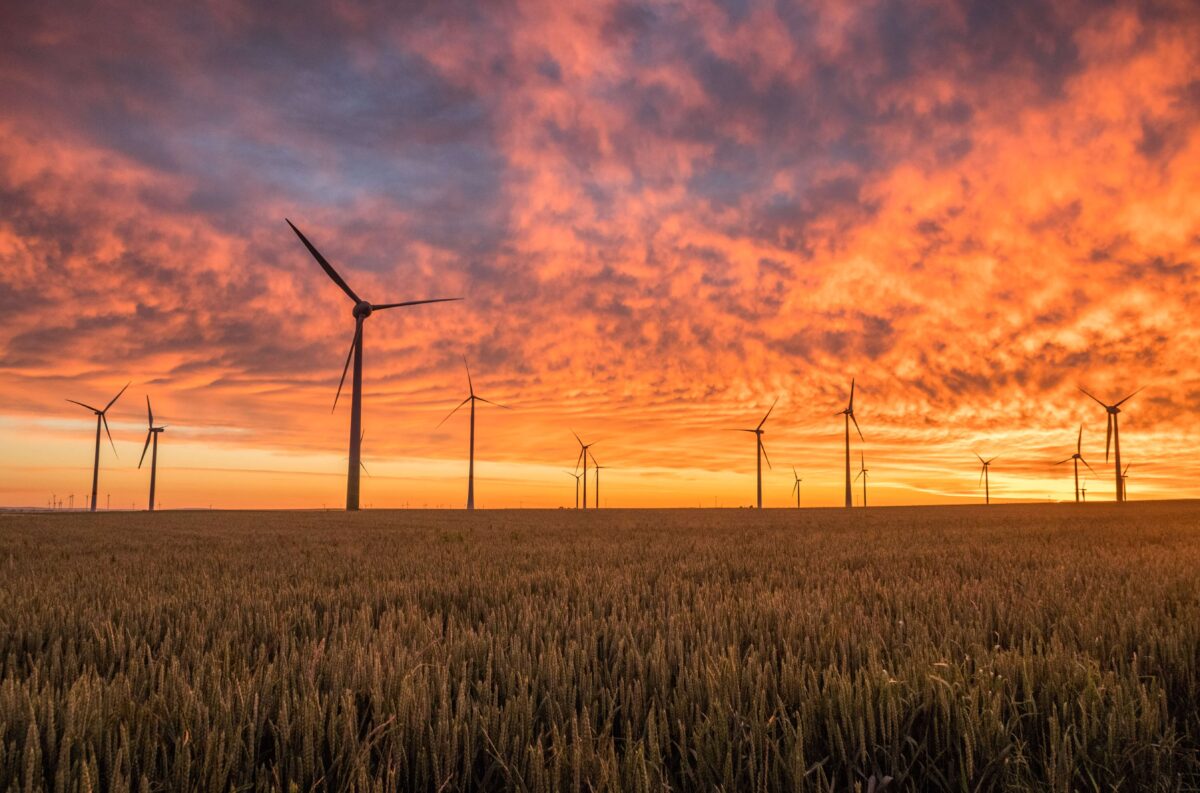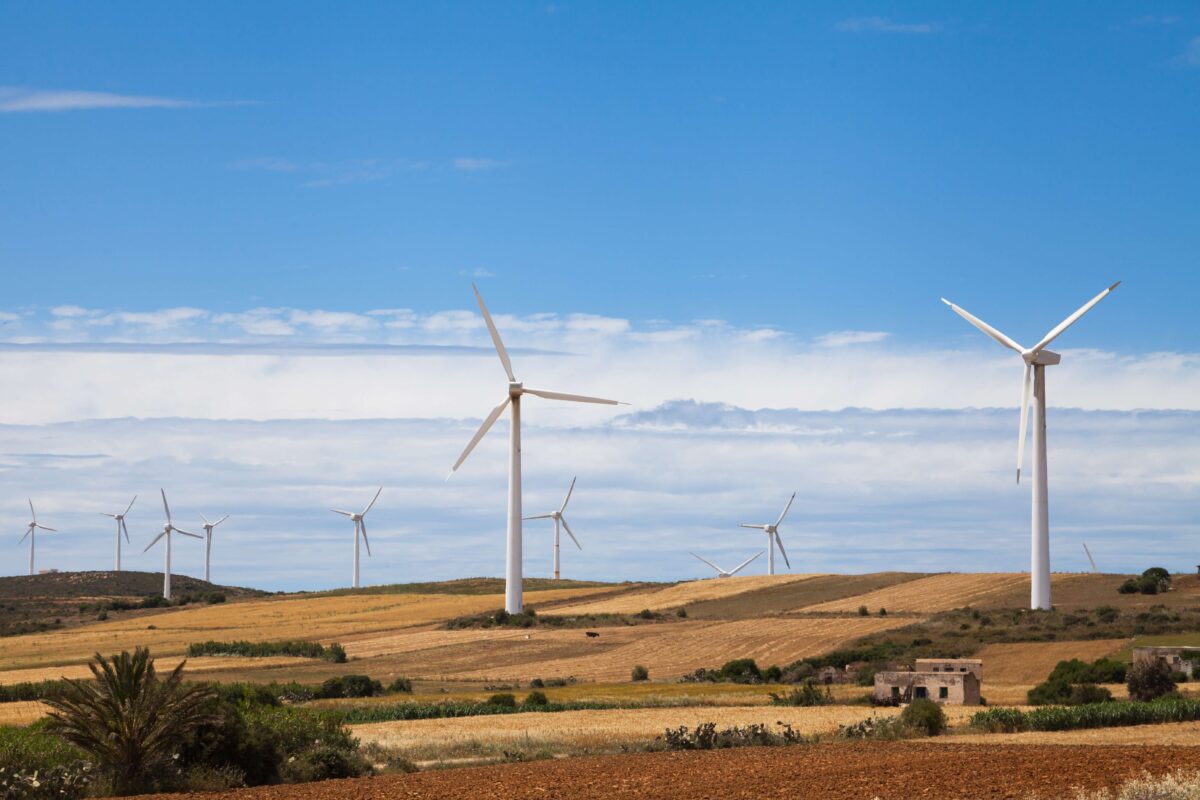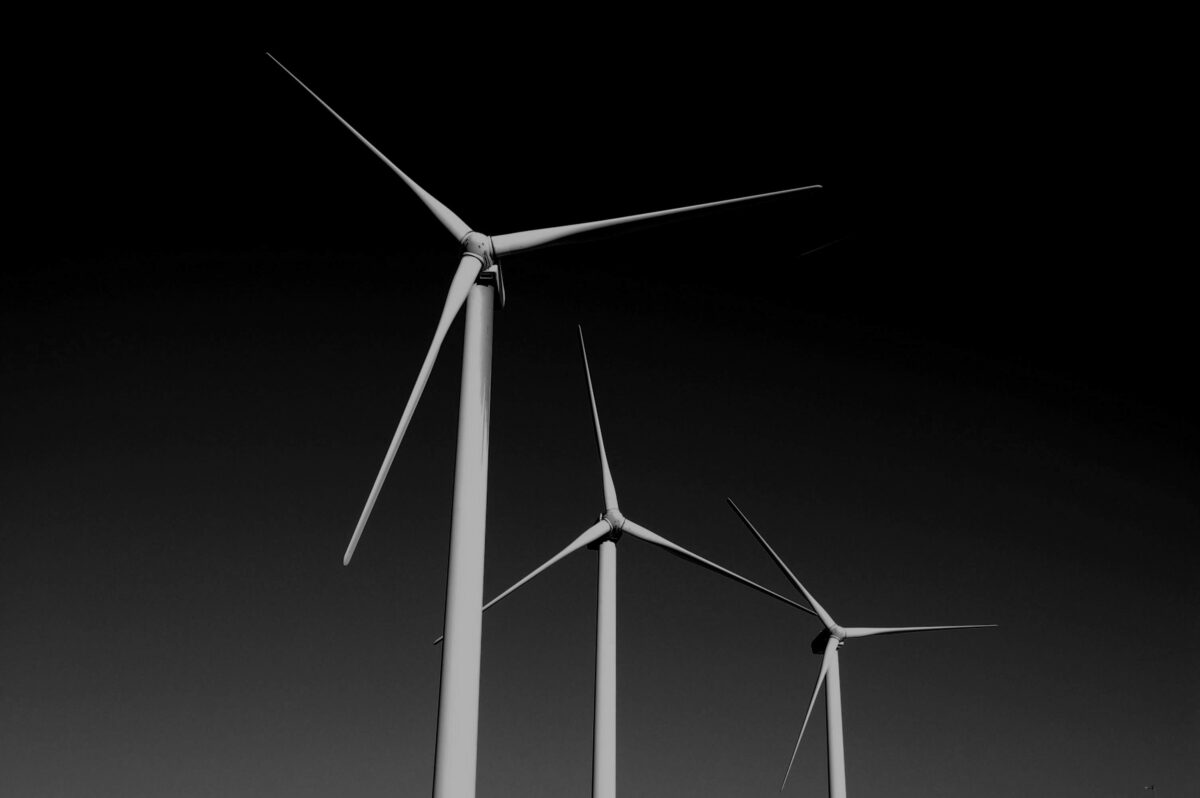The UK set a new record for total generation from wind power on 17 March
Clean energy around the globe
The UK set a new record for total generation from wind power on 17 March. The UK’s onshore and offshore wind assets reached 13.9GW, equivalent to around 37% of the UK’s total energy demand. The new record is around 300MW greater than the previous record set in mid-January, but unlike during that day, UK electricity prices did not go negative, likely owing to the wintery weather conditions. Prices on the morning of 17 March slumped to £38.10/MWh before reaching a low of £28/MWh in the afternoon.
While this most recent wind generation record was set amid an increasingly competitive landscape for subsidy-free renewables in Europe, a new study from Aurora Energy Research claimed subsidy-free renewable energy projects are expected to soar in the UK. Falling costs for wind and solar projects combined with advances in battery technology will unlock around £20 billion of investment in the UK by 2030, by which time the UK will add an additional 18GW of subsidy-free renewable energy to the grid. Aurora Energy Research added that onshore wind and solar will both be viable without subsidies by 2025 in the UK.
The projected rise of subsidy-free renewables in the UK comes as the Swedish power company Vattenfall was awarded a contract to build two 350MW offshore wind farms in the Netherlands, which, when completed in 2022, will be the world’s first offshore wind farms built without subsidies. Vattenfall’s CEO maintained that some financial support will be required during the transition to a post-subsidy world.
JinkoSolar and Asunim Turkey have completed a 40.3MW solar farm in Manisa, Turkey. Now home to the largest solar installation in the Aegean region, Turkey saw total solar installations increase by 1.79GW last year, the highest for any European country in 2017.
Telecoms company O2 has suggested the widespread adoption of 5G telecommunications could enable “super-smart grids” in the UK. The 5G technology could help smart grids become more robust, more responsive, and have a greater capacity to deal with spikes in demand.
A city in Texas has become the largest in the US to source 100% of its electricity from renewable sources. The city of Georgetown, Texas, owns the utility company that serves the city, which allows officials to negotiate with suppliers, who favoured the 20 and 25-year price guarantee for wind and solar, respectively, over shorter guarantees for natural gas. Notably, the city’s Mayor is a Republican who strongly supports green energy policies.
A group of small and medium enterprises (SMEs) in South Australia plan to launch a power trading platform using LO3 Energy’s blockchain technology to buy and sell local clean energy and save money on energy bills. A sharp rise in retail electricity rates in the region and a large supply of wind and solar power are motivating the plans to develop an energy trading platform that will give more choice to the consumer.
Electric vehicles
According to a report from Bloomberg New Energy Finance, electric cars may become cheaper than petroleum counterparts by 2025 if the cost of lithium-ion batteries continues to fall. The increase in mass manufacturing of lithium-ion storage should help drive prices to as low as US$70/kWh by 2030 from an average about US$208/kWh in 2017.
The head office of contracting firm Skanska UK has become the site of the largest single installation of EV charging in the UK after Pod Point completed the installation of 67 7kW charge points last week. The company has 135 plug-in hybrids, five fully electric, and three hydrogen electric vehicles. The previous record, set only a few days before, was held by Gnewt Cargo who claimed the title after installing 63 smart chargers with funding from the Mayor of London’s office and Innovate UK. The installation included five 22kW chargers to facilitate charging of larger fleet vehicles.
These records come as London’s councils are expecting to install over 2,600 charging points across the capital within the next year. Over the past six months, in response to a call by Mayor of London Sadiq Khan to install more chargers throughout the city, Transport for London (TfL) worked with suppliers on the installation of 100 rapid chargers across the city that charge vehicles within half an hour.
Chinese energy giant BYD has launched a bus chassis production facility in Brazil with the introduction of a new electric bus model, the BYD D9W. The D9W is fully electric and has a range of 300 km.
Following the lead of BYD, which has for several years developed off-grid streetlights that use solar and batteries, Nissan and affiliate 4R Energy Corporation are launching an initiative to install used Nissan LEAF batteries in new off-grid streetlights. This unique initiative will give used LEAF batteries a second life while also providing power to streetlights so they can run at night.
Energy storage
Tesla and Fluence will build two new big battery storage installations in Victoria, Australia. Tesla will build a 25MW/50MWh battery co-located near the 60MW Gannawarra solar farm while Fluence, a joint venture between Siemens and AES, will build a 30MW/30MWh grid-connected battery at Ballarat terminal station. This is the third major Tesla big battery project in Autralia.
A European consortium will test the use of long duration storage flow machine technology alongside a large-scale tidal energy project in the UK later this year. The European Union-funded project, which will be a 0.6MW/3MWh installation, will demonstrate the feasibility of tidal energy plus storage to provide a reliable, renewable baseload.
An article recently published in the journal Nature highlights lithium-air batteries, which are an alternative to lithium-ion batteries for transportation applications. Lithium-air batteries allow lithium to react with oxygen drawn from the air rather than ions in the battery and are reported to store five times more than traditional lithium-ion batteries. A specific challenge in the development of lithium-air batteries has been battery degradation with few charging cycles, but the new research identifies a method for achieving up to 700 cycles from a lithium-air battery.
Residents of the Isle of Canna have secured £1.3 million for a new community-owned renewable electricity system based on PV, wind, and battery storage. The system, which includes six small wind turbines, is expected to meet more than 90% of the community’s electricity needs.




